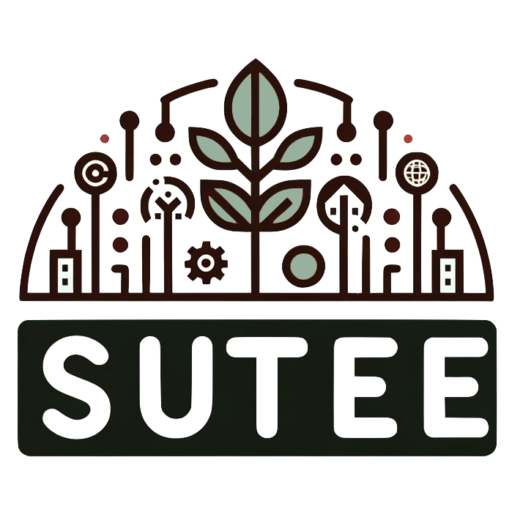Welcome to SUTEE!
Showcasing Urban Trees for Environmental Education with
IoT Technology. SUTEE is an ERASMUS+ Strategic Cooperation Partnership in the field of school education project.

This month, Madrid hosted the XI edition of the Iberian Conference on Innovation with Information and Communication Technologies (ieTIC2025), under the theme “Education 5.0: Artificial Intelligence and New Technologies in the Classroom.” Among the thought-provoking presentations, the one from UNED, SUTEE partner, stood out for its relevance to both urban sustainability and cutting-edge technology: “Innovation in Urban Environmental Education through the Internet of Things and Artificial Intelligence.”
Presented by a multidisciplinary research team, the article explored how emerging technologies—particularly IoT and AI—can transform the way we educate citizens about the environment in urban settings. The authors propose an innovative framework that integrates real-time environmental data collection (through sensors and smart devices) with AI-driven educational platforms to foster greater awareness, engagement, and behavioral change among city dwellers.
The presentation highlighted the need to bridge the gap between urban technological development and citizen environmental literacy. While many cities are becoming “smarter” through the deployment of IoT networks, the study argues that their educational potential remains largely untapped. By leveraging AI algorithms, these data streams can be converted into personalized, interactive learning experiences—bringing abstract environmental concepts like air quality, noise pollution, and energy consumption to life.
Key Highlights of the Proposal:

